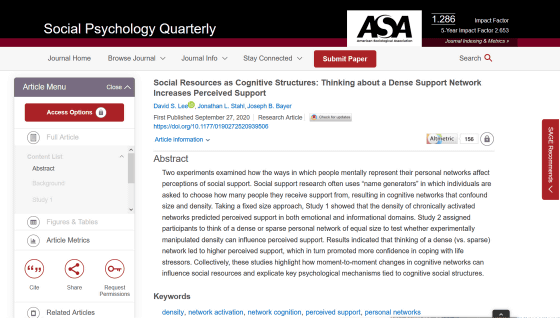What makes a particular friend feel 'more reliable than other friends'?

It is known that the existence of friends
Social Resources as Cognitive Structures: Thinking about a Dense Support Network Increases Perceived Support --David S. Lee, Jonathan L. Stahl, Joseph B. Bayer, 2020
https://journals.sagepub.com/doi/10.1177/0190272520939506

Why some friends make you feel more supported than others
https://news.osu.edu/why-some-friends-make-you-feel-more-supported-than-others/
Study Finds a Key Factor That Makes Some Friends Feel More Supportive Than Others
https://www.sciencealert.com/there-sa-reason-why-some-friends-make-you-feel-more-supported-than-others
A research team led by Ohio State University postdoctoral fellow David Lee conducted two experiments online to investigate how the types of friendships affect the feeling of relying on others. ..
In the first experiment, the research team asked 339 subjects to create a 'list of eight people to rely on in case of problems.' Most of the people on the list were friends or family members, but some of them mentioned colleagues, lovers, classmates, and roommates.
Next, the research team scaled 1 to 7 on items such as 'how much support do you think each person on the list can receive' and 'how close the eight people on the list are to each other'. I asked you to evaluate it at.
From the results of each item, the research team analyzed the amount of support that the subject felt from the people on the list and the density of the network that the people on the list built, and found that 'the people on the list are close networks. The more you build, the more you feel that the subject can get more support. ' Associate Professor Joseph Bayer, co-author of the paper, said, 'People who feel they have more social support in their lives focus on collective support by strong and cohesive groups. It may be. '

The first study examined the correlation, while the second study looked at 240 subjects in more detail. In this experiment, the subjects first created a list of 'four people who are intimate with each other' and 'four people who are not intimate with each other.' Then, in the scenario of 'my house is broken and asks someone for help', half of the subjects are 'four people who are intimate with each other' and the other half are 'four people who are not intimate with each other'. I was instructed to imagine when I asked a person for help.
As a result, subjects who were instructed to seek help from 'four people who are intimate with each other' were more likely to be instructed to seek help from 'four people who were not intimate with each other.' It turned out that he felt that he would receive a lot of support. In addition, in survey-related questionnaires, more subjects from groups that were intimate with each other had a strong tendency to 'see close friends and family as a unit' and 'tendify close groups as part of their identity.' It seems that it is easy to recognize if you can receive the support of.
The paper's co-author, Jonathan Stahl, said, 'If you have two friends who really support you, you feel more supportive if they are friends with each other. Commented. He states that not only the relationship between himself and his friends, but also the 'relationship between friends' influences the psychology of thinking about whether someone can be relied on.
This result is just an examination of the psychological effects, and it is unclear whether intimacy between friends will lead to practical support. However, Bayer advises that when asking someone for help, 'focus on the friends you are connected to. That person is the one who feels you can get the most help.' did.

Related Posts:
in Note, Posted by log1h_ik







